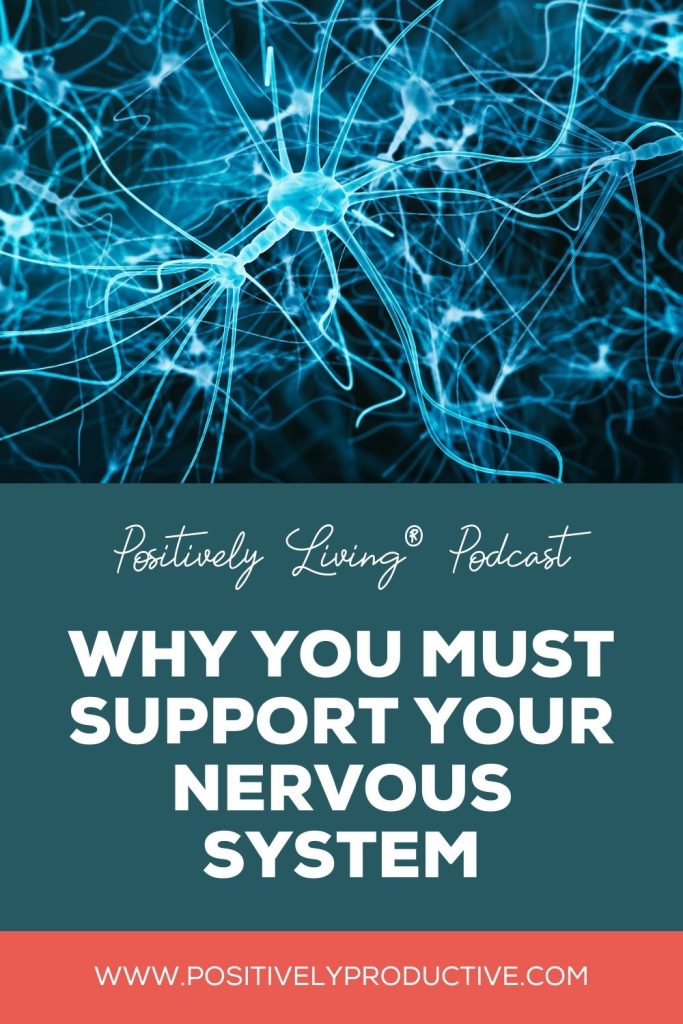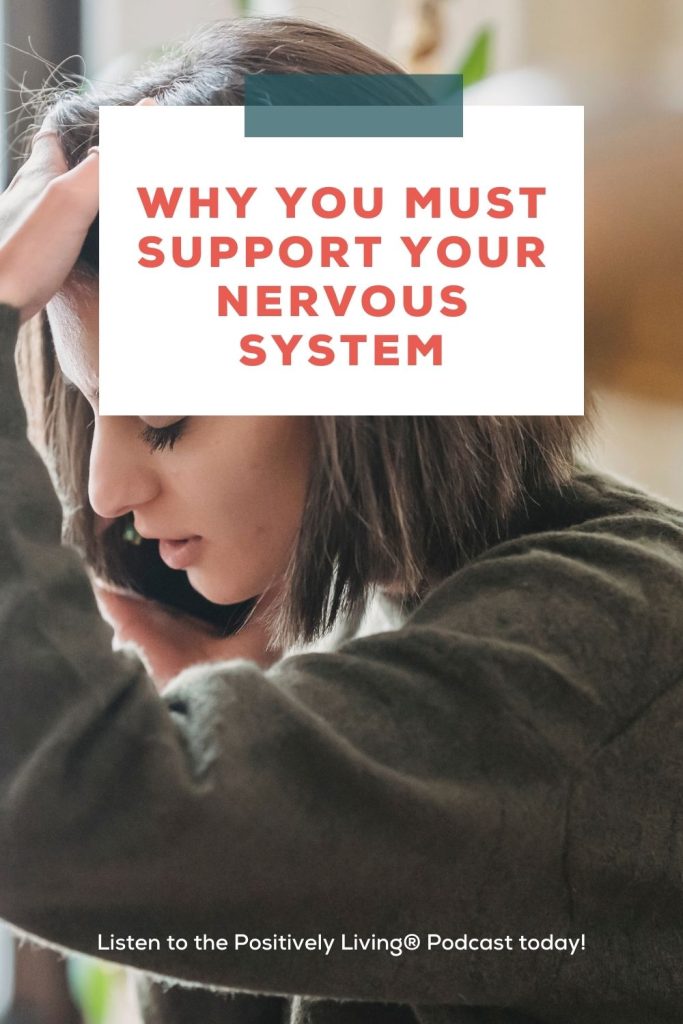Have you ever felt like you’re constantly “on”? Your body is ready to go at a moment’s notice, your mind is racing, and you’re always anticipating the next thing. This constant state of readiness can lead to exhaustion and burnout, and it’s all thanks to one of the most powerful and often overlooked systems in your body: your nervous system.
It’s easy to think of wellness as a separate entity from our daily lives, something we have to make time for. But as a holistic wellness advocate with a strong belief in the power of science, I want to show you how interconnected everything truly is. Your nervous system is the central command center for your energy, health, and productivity. And if you don’t support it, the rest of you will struggle.
Understanding Your Body’s Communication Highway
Think of your nervous system as your body’s personal communication network. Messages travel at lightning speed, telling your heart to beat faster, your lungs to breathe deeper, and your muscles to tense or relax.
Most of us are familiar with the sympathetic nervous system, the “fight-or-flight” response. It’s your body’s accelerator, designed to rev you up when you’re in danger. In small doses, this can be great for a deadline or a tough workout.
But the opposite side, the parasympathetic nervous system, is just as important. This is your body’s brake pedal, the “rest-and-digest” mode that allows you to slow down, repair, and recover. Both sides are necessary, but we’ve gotten a little out of balance.
The problem is, your brain doesn’t distinguish between a life-threatening danger and a stressful modern-day challenge. That overflowing inbox, a traffic jam, or a snippy text message can all trigger the same response as if you were running from a wild animal.
When your nervous system is stuck in that “on” position day after day, and you never give it a chance to recover, it leads to chronic fatigue, sickness, and eventually, burnout.
The Warning Signs of an Overloaded System
When your nervous system doesn’t get the support it needs, the signs show up in physical, mental, and emotional ways. While we’ve come to accept many of these as “normal,” they’re actually red flags.
- Physically, you might experience tension headaches, digestive issues, trouble sleeping, or fatigue that coffee can’t fix.
- Mentally, you could notice brain fog, difficulty concentrating, or trouble making decisions.
- Emotionally, you might be more irritable, prone to snapping, or feel strangely numb—like you’ve lost touch with your joy.
I know what this feels like firsthand. During a season of my life when I was pulled in a million directions—caregiving for my mother, raising young kids, and running my business—I was in a constant state of high alert. I was so stressed that I couldn’t even recognize my own reaction when my husband mentioned gratitude. I felt like I was drowning, and my exhausted, dysregulated nervous system reacted with anger instead of appreciation.
That disconnect from my usual self was a clear sign of nervous system overload. It’s a painful but powerful reminder that when your system is fried, you lose access to your natural sense of joy, patience, and perspective.
Why You Must Prioritize Nervous System Support
It’s easy to dismiss stress as “just part of life,” but living in a constant state of stress can change your body and brain. It impacts every area of your life:
- Energy: Long-term stress elevates hormones that lead to hormonal imbalances and fatigue.
- Relationships: You can’t be patient or present with loved ones when you’re constantly on edge.
- Health: Chronic stress is linked to inflammation, high blood pressure, and autoimmune conditions.
- Productivity: It’s impossible to focus, prioritize, and follow through when your system is fried.
While it’s not realistic to avoid everything that stresses you out, you can learn to interrupt the cycle and prioritize recovery. The good news is that supporting your nervous system doesn’t require a total life overhaul. It’s about giving your body repeated signals of safety and rest throughout your day.
5 Simple Ways to Support Your Nervous System
The key is to do things that tell your nervous system, “You’re safe. You can stand down.”
- Transitions: When you switch tasks, take a moment to pause and take a deep breath. Use this mini-break to consciously shift your energy instead of carrying stress from one activity to the next.
- Movement: You don’t need a full workout. Gentle stretching, a short walk, or even shaking out your hands can signal to your body that it can relax. Stress isn’t just mental—it’s physical, and moving your body can help release it.
- Rest: This isn’t about zoning out on your phone. True rest is how your body physically and mentally recovers. It can be a moment of quiet, a few minutes of stillness, or simply giving yourself permission to do nothing.
- Mindfulness: Instead of a long meditation, find small moments to pause and pay attention. Savor your coffee, notice your breath, or feel the warmth of the sun. These brief moments of awareness help your body reset.
- Joy: Joy is a powerful regulator. Laughter, play, dancing, or listening to music all activate your parasympathetic nervous system—the calm “side” of your nervous system and the antidote to stress.
Supporting your nervous system can look different for everyone. The most important thing is to make it a consistent part of your routine. It’s natural for your nervous system to work hard, but if you let it stay revved up without giving it recovery, you will pay the price in exhaustion and burnout.
Make sure your daily routine includes not just your to-do list but also dedicated support for your nervous system. It deserves it. And so do you.











